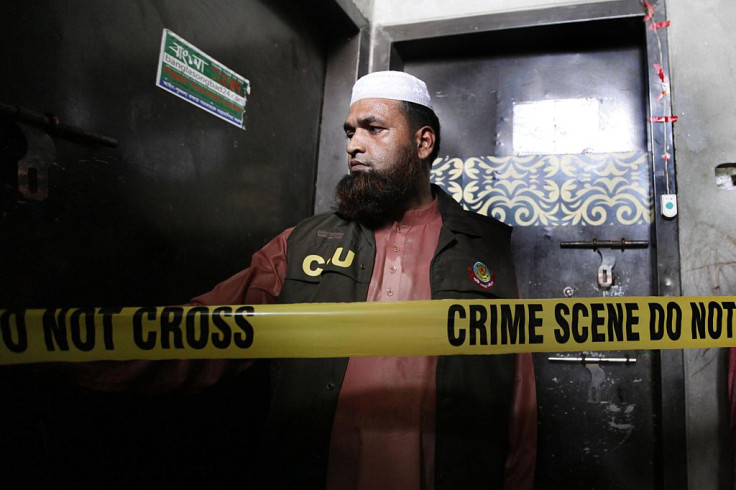Bangladesh arrests shed new light on serial killings of liberal bloggers by militant Islamists

The recent arrest of three men has shed new light on the mystery of a network of killers who have murdered at least 39 liberal bloggers, human rights activists and members of religious minorities in Bangladesh.
Intelligence gleaned from the detained trio has provided Bangladesh police valuable insight into the systematic attacks on the victims organised by two militant Islamist groups, according to officials.
Saiful Islam, a teacher at an Islamic school in Bangladesh, was arrested in the capital of Dhaka carrying a machete and an unregistered pistol, officials said. Days later two 19-year-old men running from the scene of a fatal attack were arrested and they identified Islam as a co-conspirator in the killings. Interrogations of the suspects touched off a "cascade of revelations" that finally allowed police to make significant headway into their investigation into the killings, the New York Times reported.
The series of murders have been carried out by killers using machetes, guns and bombs who strike, then speed off on motorbikes. Targets are most often killed with machete strikes to the back of the neck. Victims have also included atheist writers and gay rights activists, among others.
The attacks have recently increased in frequency with five people murdered in April, four in May and already three in June.
A Christian grocer and the wife of a police official who had been cracking down on militant attacks were killed in separate strikes on the same day 5 June. Two days later a Hindu priest was hacked to death.
Interrogations of the recently arrested suspects have determined that two radical Islamist groups — Ansar al-Islam and the Jama'atul Mujahideen Bangladesh — have been training volunteers and recruits for years and organising them into cells run by a commanders, the chief of the police counterterrorism unit, Monirul Islam, told the Times. The aim has been to convert Bangladesh's secular and religious culture to an Islamist one, Islam said.
Police now plan to arrest the movement leaders, who have been identified with the help of the suspects.
In a chilling sign of the nation's split perspectives on the crimes Bangladeshi Home Minister Asaduzzaman Khan recently suggested that an Israeli-led "international conspiracy" was behind the murders — just as police were getting a very different story from the three suspects.
Monirul Islam says the terrorism campaign was conceived by the militant groups as a response to mass protests in early 2013 — known as the Shahbag movement — inspired by a group of bloggers who advocated for an end to religion-based politics.
© Copyright IBTimes 2025. All rights reserved.






















